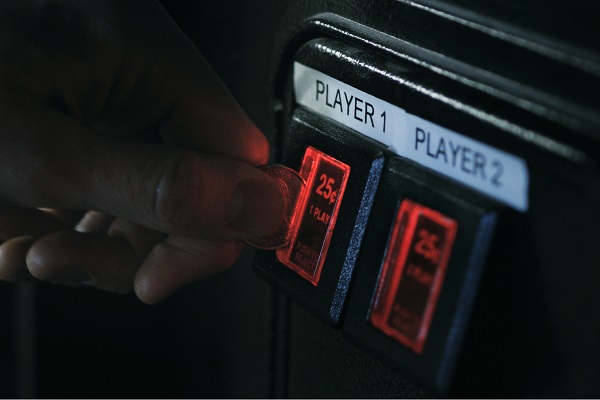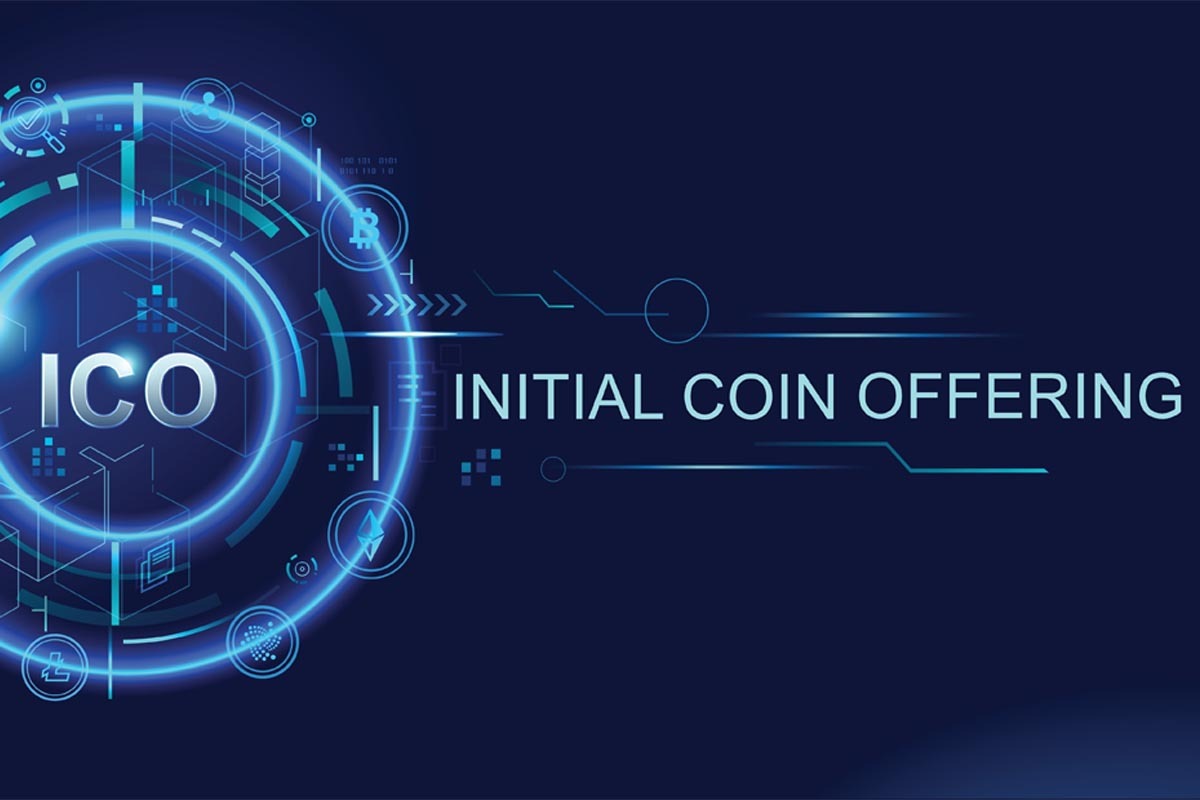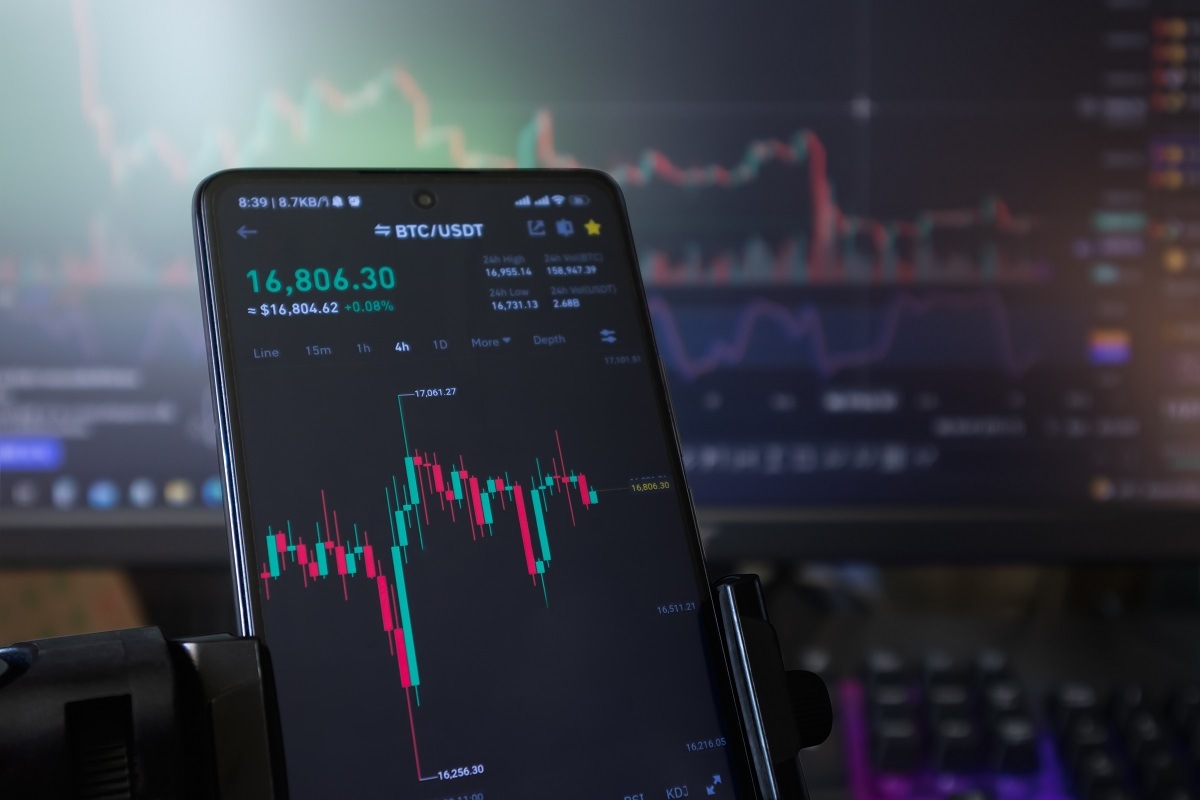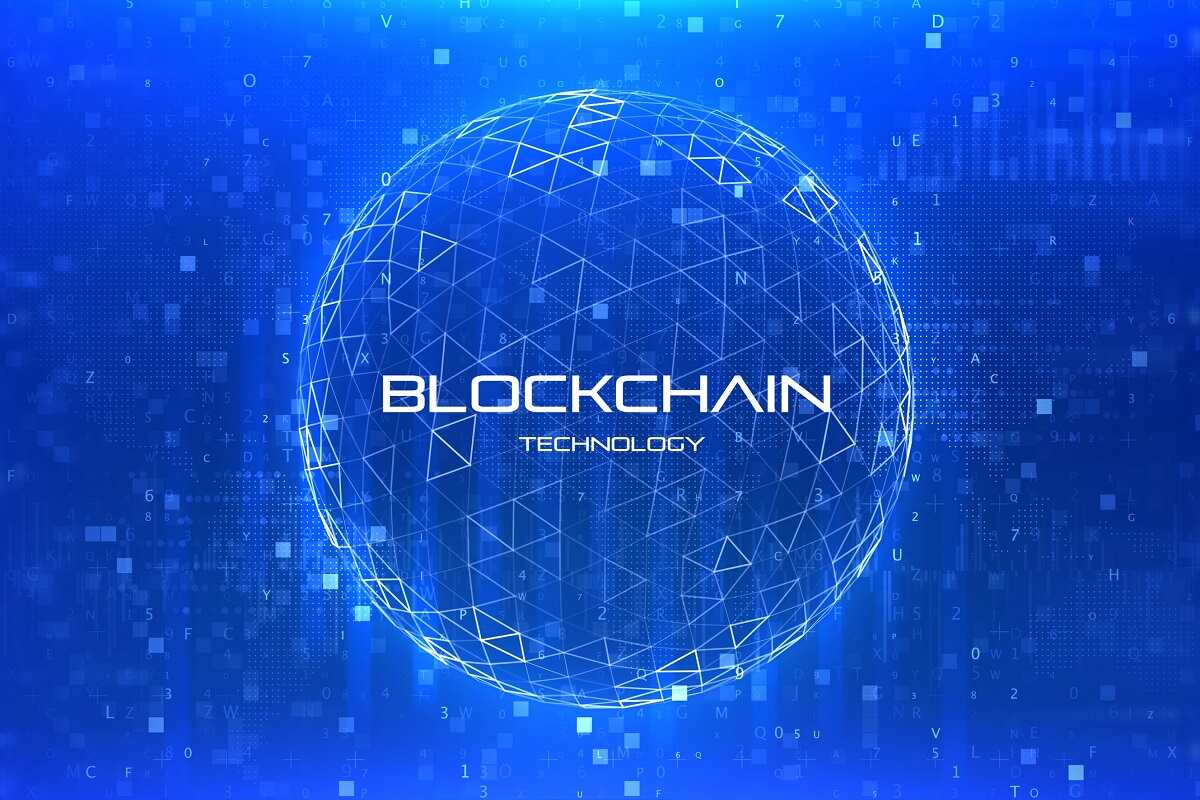The U.S. Securities and Exchange Commission has issued a no-action letter to Pocketful of Quarters (PoQ), a gaming startup looking to issue tokens on the ethereum blockchain.
PoQ may legally sell its Quarters tokens to consumers without registering them as securities, the SEC Division of Corporation Finance wrote in its second no-action letter to a company seeking to launch a token sale. (The first was granted in April to TurnKey Jet, a business-travel startup.)
Quarters are built according to the ERC-20 standard – the first such token to receive U.S. regulatory approval.
In the July 25 letter, Jonathan Ingram, chief legal officer for the SEC’s FinHub wing, wrote:
“Based on the facts presented, the Division will not recommend enforcement action to the Commission if, in reliance on your opinion as counsel that the Quarters are not securities, PoQ offers and sells the Quarters without registration under Section 5 of the Securities Act and does not register Quarters as a class of equity securities under Section 12(g) of the Exchange Act.”
“The thing that’s notable here, this is the first ERC-20 public blockchain token [approved for a sale],” said Lewis Cohen of DLX Law, which worked with PoQ to secure the letter.
The token is a stablecoin, with PoQ setting the price of the Quarters as the only seller, PoQ CEO George Weiksner said. This is part of the company’s compliance requirement with the SEC. (A smart contract prevents tokens from being sent to unapproved accounts, thereby restricting secondary trading.)
PoQ also raised money through a registered securities sale using an investment token, which will remain separate from the Quarters sale.
The two-token system is meant to ensure that users conduct transactions with Quarters, rather than hold them in the hopes of securing a return, Weiksner explained.
He said he hopes Quarters will improve the gaming experience for players who are tired of spending large sums for different platforms, adding:
“It’s a way to make games better.”
“The most important thing for teenage boys is playing video games and this might be the first financial product that they have and it’ll be a crypto wallet,” said Michael Weiksner, the company’s principal (and George’s father).
PoQ is working with Apple and Google to sell Quarters tokens in the App and Google Play stores, respectively, the elder Weiksner said.
Launch conditions
The no-action letter requires a PoQ to follow a number of commitments, including ensuring that players can’t sell, buy or exchange tokens with each other. Rather, only developer or “influencer” accounts will be able to transact with players.
“Players can never buy or sell or exchange to anyone except for approved developers, and that’s a key component of our … [compliance] strategy,” Michael Weiksner said.
“Accounts are born as regular accounts but they’re restricted, so they can’t exchange,” he said. “The default accounts are restricted and only approved accounts can accept Quarters.”
At present, only PoQ can approve accounts, and there are no concrete plans to grant other entities the ability to do so, he said. PoQ is still looking into whether that’s possible.
Developers and influencers will have to pass know-your-customer (KYC) and anti-money laundering (AML) processes before they can get an approved account.
According to the letter, Pocketful of Quarters has fully developed its platform and can go live before any tokens are sold.
Moreover, the Quarters tokens “will be immediately usable for their intended purpose” with PoQ’s gaming platform when the sale begins, and “only developers and influences with approved accounts will be capable of exchanging Quarters for [ether] at pre-determined exchange rates by transferring their Quarters to the Quarters Smart Contract.”
The SEC’s Ingram warned that “any different facts or conditions might require the Division to reach a different conclusion.”
“Further, this response expresses the Division’s position on enforcement action only and does not express any legal conclusion on the question presented or on the applicability of any other laws, including the Bank Secrecy Act and anti-money laundering and related frameworks,” he wrote.
Reaching this point took PoQ and DLX the better part of a year, Michael Weiksner said.
Cohen told CoinDesk, “we have long championed the importance of working with, rather than against, regulators, and we believe the outcome today of this … letter, the first-ever ERC-20 that can be sold without being a securities offering, I think it’s an incredibly important point.”
He concluded:
“It required a lot of patience, and it shows that not every ERC-20 token is a securities offering and it is a positive event in working with regulators.”
Source: Original





